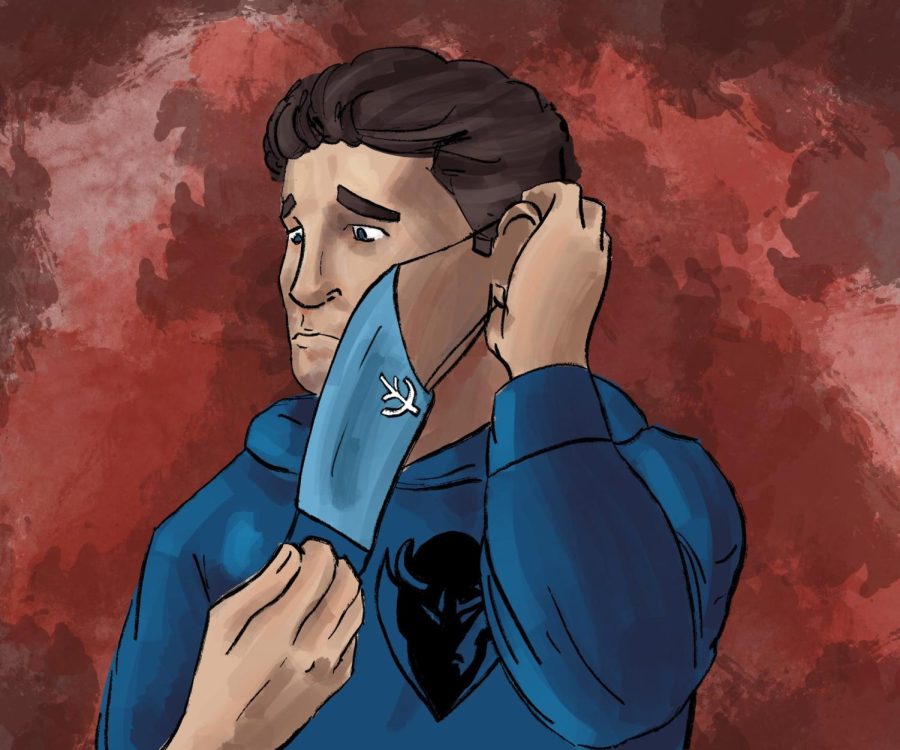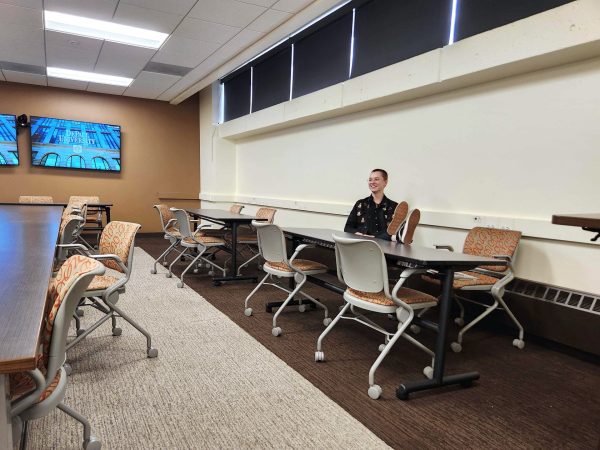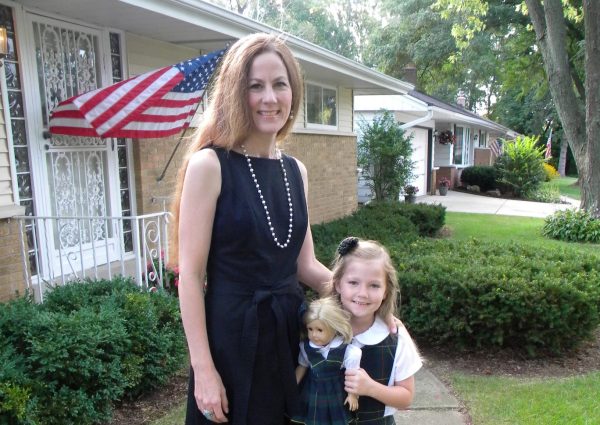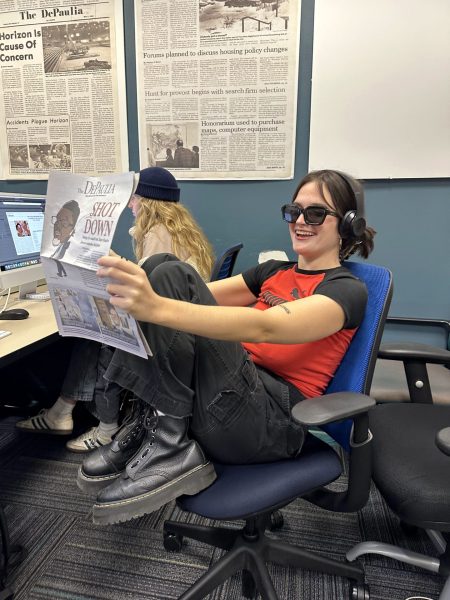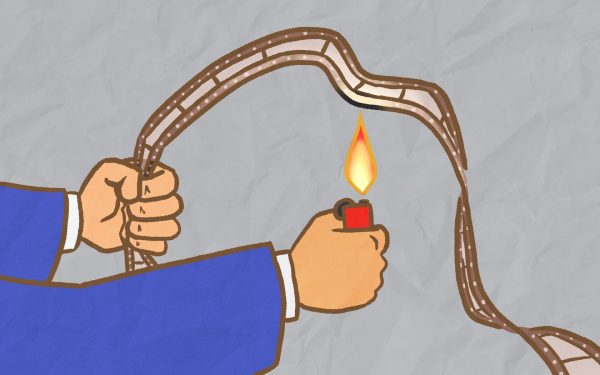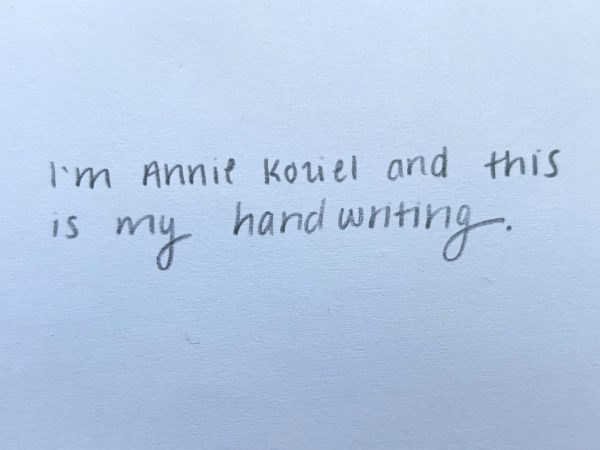COLUMN: Jan. 2 is a ticking time bomb for COVID-19 at DePaul
Credit: CJ McKenzie/The DePaulia
As excited as I am for the start of winter break, I cannot help but dread my next quarter at DePaul. It isn’t the usual not wanting to go back to school feeling, it’s something that feels much worse.
The Jan. 2 start date is a ticking time bomb for a COVID-19 crisis at DePaul.
During the holiday season last year, the Omicron variant caused COVID cases to spike to an all-time high. DePaul recognized this risk and held the first two weeks of winter quarter 2022 online “in the spirit of caring for others and Take Care DePaul,” the university wrote in an announcement.
I hope that our new leadership continues to keep those values in mind as we approach January. While it remains to be seen whether or not a new variant will resurface, attitudes about COVID are much different at DePaul than they were just one year ago and I’m worried those differences will create an environment for COVID to thrive and spread.
In August, DePaul announced that while it would still require vaccination against COVID, it would discontinue on-campus PCR testing, distribution of free KN95 masks and mandatory weekly testing for unvaccinated students.
It is unclear how these changes have impacted the DePaul community because the university stopped reporting the number of positive COVID cases on campus. It also discontinued COVID tracing for people who may have been in close contact with someone who tested positive.
It would seem like these measures would increase the risk of COVID spread, but without university data, we can never know for sure. All I know is that people are still contracting the virus whether the university reports it or not.
I tested positive just a few weeks ago after coming back from a journalism conference in Washington D.C. I don’t know whether I contracted the virus from DePaul before I went, or whether I was exposed in D.C.
This is the risk that we are all facing coming back to a mask-optional campus on Jan. 2. There is no way to know when we have been exposed or who exposed us unless we are explicitly notified.
The situation gets even murkier because we are coming back to school so early after the holiday season and new year celebrations. I know some DePaul community members will come back to Chicago after traveling during winter break. They may have to ride buses, trains and planes with complete strangers for extended periods, risking potential exposure.
Those who are not traveling may have spent winter break with family and friends, which is still a risk for exposure.
The risks of COVID go beyond physical health. If you test positive for the virus, you are required to isolate yourself for at least five days before going out into the community. If you still have symptoms after five days, you are required to isolate even longer.
This impacts people who have to work or attend classes in person.
Isolating for five days and missing one week of classes when we only have 10 weeks in the quarter is detrimental. Last school year, I was sick with COVID for two weeks and I was struggling to catch up in my classes while I was stuck in isolation.
In addition to being sick, I was burnt out, tired and hopeless that I could even recover from COVID. I barely had any willpower to do the assignments that were piling up as the classes moved ahead without me. I was tired of pushing myself and thought about withdrawing from the quarter.
When I contracted COVID the second time, these feelings were not any different. I don’t want that to happen again. I don’t want to get COVID again.
As we come back to school for winter quarter, we are going into classrooms not knowing whether our classmates have been exposed to COVID, yet DePaul has not made any announcements about mitigating this risk. Last year, DePaul required all students to get a COVID-19 booster shot. The university has not given an official statement about whether it will require the bivalent COVID-19 booster shot that came out this summer.
Even though new positive cases may have been decreasing nationally, the situation is still dire. According to the CDC, COVID is the third leading cause of death in this country right now, solidifying the pandemic as an ongoing national crisis.
Health precautions like wearing a mask, socially distancing and even vaccinating yourself against COVID are all now considered personal choices. Even though mask-wearing helps reduce the spread, I rarely see any masks when I am out in public. So often, I am one of the only people wearing a mask on a crowded train or bus, in the classroom and at work.
Every day when I put on my mask, I remember my family member who died from COVID. I remember my immunocompromised mother and brother. I remember that even if you recover from the virus, you can still have long-term effects which we don’t even know the true extent of.
COVID is a public health crisis that impacts communities, not just individuals. Our individual decisions regarding the pandemic impact everyone we are in contact with.
If or when you contract COVID, you are risking spreading the virus to everyone you work with, everyone in your classes and everyone you sit next to on public transportation. Not to mention that this spread is more likely to happen if you are not wearing a mask.
Individual decisions are important, but institutions need to take responsibility as well. The CDC, the City of Chicago and DePaul University are failing the communities they are supposed to protect. Our institutions have told us that it is okay to fall back and walk when we need to be sprinting.
DePaul had one of the strongest responses to COVID at the beginning of the pandemic, and now I can’t help but feel like the university is moving on from a pandemic that is still ongoing.
Coming back to school on Jan. 2 without masks or COVID tracing is a huge risk and I hope DePaul is prepared for the impact of its decisions.
Connect with Lily Lowndes: @LilyILowndes | social@depauliaonline.com


